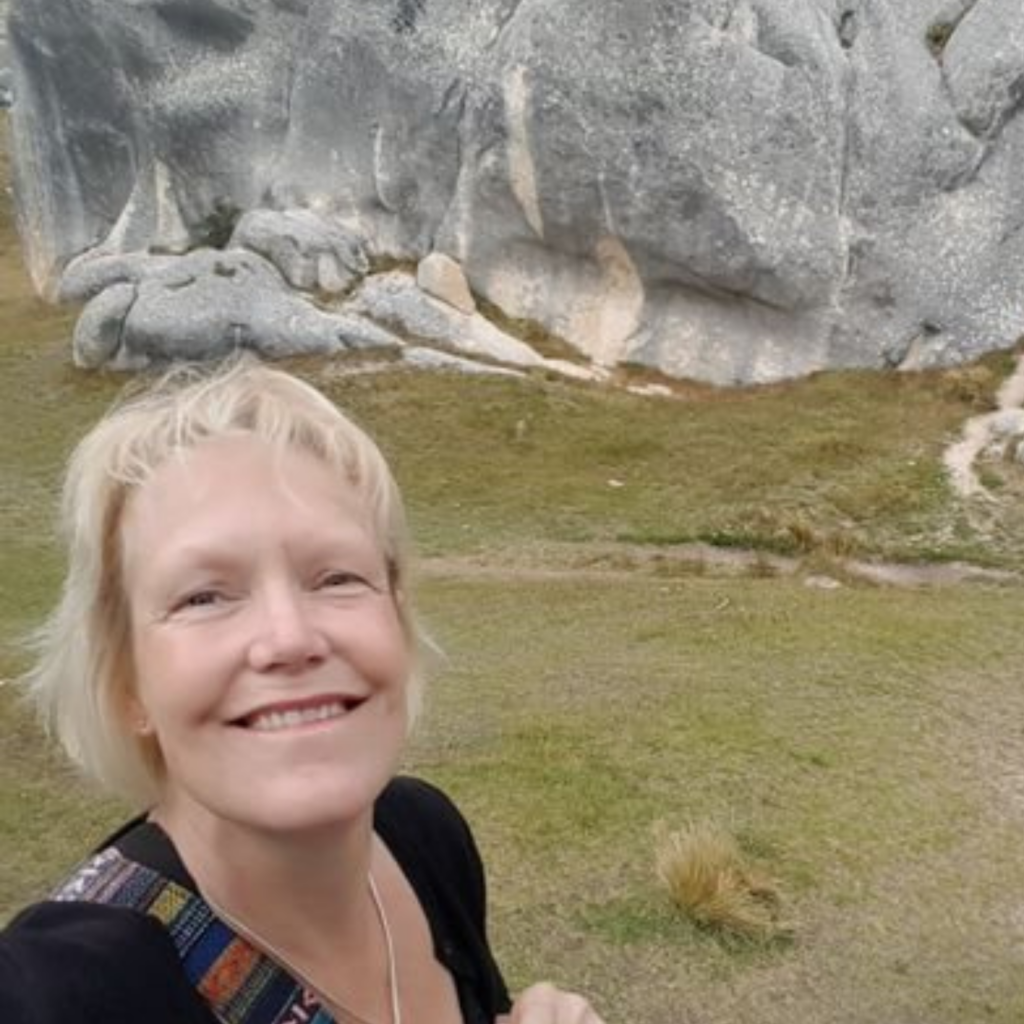System Leadership – Exploring what works
System Leadership – Exploring what works

Guest blog by Peta Stross, following our masterclass with Margaret Heffernan.
Affirming would have to be my word of the day following Margaret Heffernan’s Masterclass; and I don’t think I would be the only person expressing that emotion judging by the faces and conversations I saw and heard that day.
Particularly resonating with us all was the research into organisational silence which tells us that 85% of people don’t voice their ideas at work – because they feel it would be futile. The thought of all that potential energy – untapped and drifting away at a time of massive demand and unmet need – is all the motivation we needed to start thinking about what we could do differently to overcome the impacts of hierarchy and bureaucracy in our own organisations.
The ‘take-aways’ from the day were wide ranging, plentiful, but overall practical actions for tackling our ‘complex’ issues.
How can it be that, according to Margaret, when we walk into organisations people’s perspectives shift so much that we move from wanting to be a good person to wanting to do a good job?
With that, we go from being people who look out and around us for inspiration, to looking upwards and trying to second guess what our boss wants. Somehow the challenge for us as leaders is to understand these innate challenges and work out ways to minimise their impact.
Talking about the value of ‘mortar’ in teams (how teams and how they relate to each other, with empathy, generosity and kindness) as opposed to the value of individual team members (‘bricks’) Margaret clearly evidenced the case for developing teams that have stability in membership over time, value empathy trust and kindness, and use helpfulness to get information fast, to where it is needed, seems to be key to improving our collective effectiveness.
The quote of the day? – and I haven’t stopped quoting it yet…
“Boards are here to help business run well – not to run the business“
– pointing out that the distance and diversity that Boards have can add insight to business, with the ability to survey and problem identify.
For me this got to the crux of some of what we were talking about;
- how do we develop trust,
- devolve responsibility and
- collectively create systems that really make a difference?
recognising that the complex nature of the problems we face makes it futile and indeed impossible, to manage every area of operation.
At its heart, perhaps the question, the real question is – who really owns the NHS – the government or the people who fund and use it?
In Alaska, Southcentral Foundation’s Nuka System of Care are clear that the people who use their services are customer-owners – perhaps that tells us something important about the change that needs to occur in the NHS? How can the government help the NHS to run well, without trying to run it themselves?
Without trust in the local organisations who are delivering services, without giving them the time and stability to create those high-performing teams, what chance have we got to really develop a sustainable and resilient NHS for the future?
Read more about how we are working with and across organisations to support System Leadership
Find out more